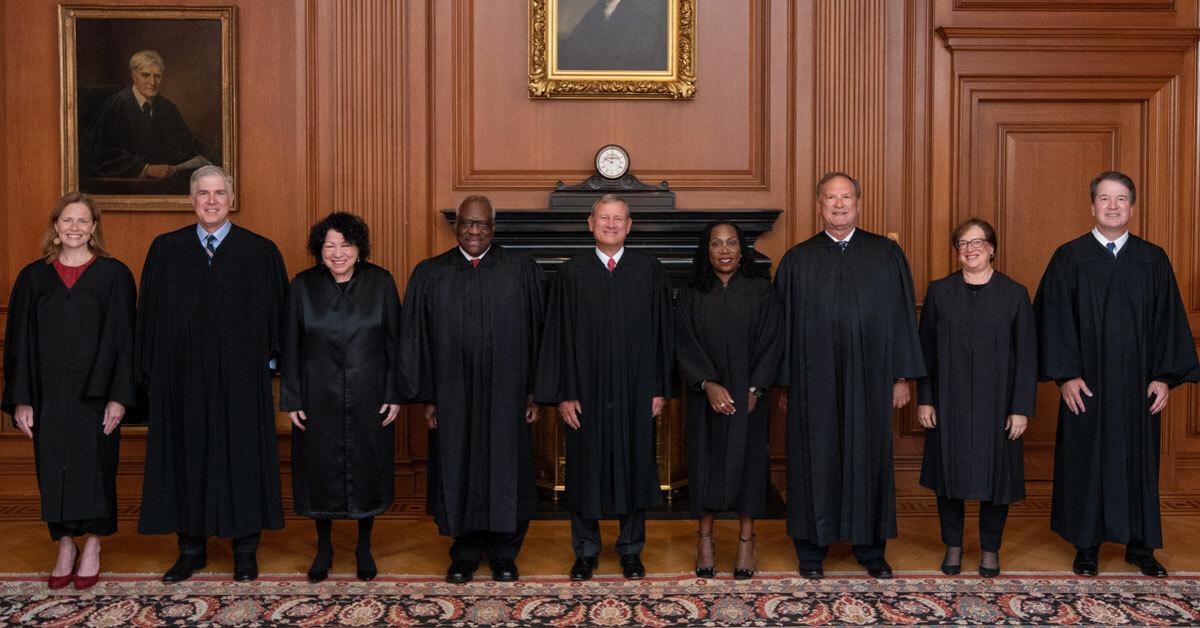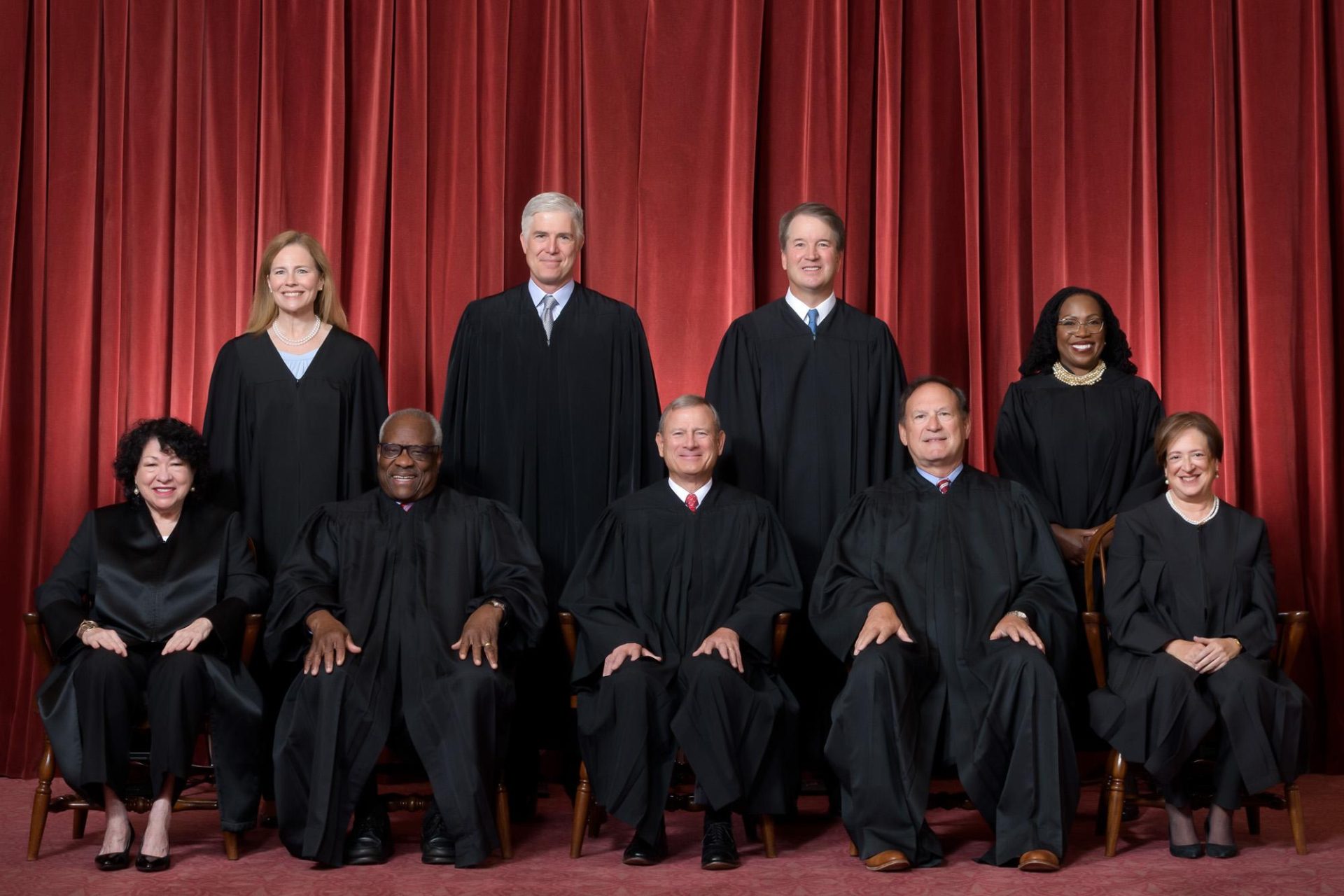Supreme Court weighs National Security Concerns in TikTok Debate
The Supreme Court’s recent discussions surrounding the potential ban on TikTok have brought the issue of national security to the forefront of American legislative concerns. Justices have expressed that the American public’s data privacy is at risk, leading to a critical examination of the platform’s ties to China and the implications for user data management. This scrutiny is part of a broader dialog about safeguarding national interests in an increasingly interconnected digital landscape. With rising geopolitical tensions, the court’s considerations reflect a growing anxiety over foreign technology companies accessing sensitive facts on American citizens.
Legal experts anticipate that the court will lean favorably towards upholding a ban, emphasizing several key points:
- Data Security Risks: Concerns over potential misuse of data collected by TikTok have been highlighted, with arguments suggesting that user information could be exploited for espionage.
- Precedent for National Security: The government has a history of prioritizing national security over individual rights, which may reinforce the court’s ruling.
- Public Sentiment: Growing unease among the American public regarding foreign influence on domestic platforms may sway judicial opinions.
As the justices sift through the complexities surrounding the platform’s ownership and its implications for American society, the outcome of this case could set significant precedents for how technology companies operate within U.S. borders. The intersection of digital innovation and national security remains a pivotal area of concern as the court aims to navigate this unprecedented challenge.

Legal Experts Assess Implications of Potential Ban on User Privacy
The Supreme Court’s potential endorsement of a TikTok ban raises significant concerns regarding user privacy and the regulatory landscape governing digital platforms. Legal experts are scrutinizing the implications this decision may have, particularly in terms of the balance between national security and individual rights. With increasing scrutiny of data handling practices by tech companies, the outcome could set a precedent for how users’ private information is treated in the future. Key considerations include:
- Precedent on Data Localization: A ruling could encourage more stringent local data regulations, impacting not only TikTok but other international platforms.
- Freedom of Expression: Experts warn that a ban may infringe on the rights of users to engage freely, especially in a digital era where social media plays a critical role in dialogue.
- Potential for Broader Bans: A Supreme Court ruling in favor of the ban could embolden future governmental actions against other apps deemed risky for national security.
Furthermore, the legal community is paying close attention to how the decision will affect ongoing debates about the technology sector’s accountability and openness regarding user data. The potential consequences might prompt private citizens to reevaluate their trust in digital services, knowing that their data could be subject to withdrawal from platforms. Additional issues to consider include:
- litigation Risks: Tech companies may face legal challenges about privacy infringements and regulatory compliance.
- International Relations: A ban could strain diplomatic ties with countries that host these platforms, impacting trade and technology agreements.
- User Activism: As awareness about privacy issues grows, users might mobilize to challenge these decisions, calling for greater accountability from lawmakers.

TikToks Response Strategy: Navigating the Judicial Landscape
TikTok is currently facing unprecedented challenges as it navigates a potentially crippling legal landscape in the United States. With the Supreme Court signaling a likely endorsement of a nationwide ban, the platform’s response strategy is evolving rapidly. In light of these developments, TikTok must adopt a multifaceted approach to safeguard its presence and reassure its vast user base. Key elements of this strategy include:
- Legal Engagement: Strengthening its legal team to actively participate in court proceedings and explore all avenues for appeal.
- User Advocacy: Launching campaigns to mobilize users in defense of the app, highlighting its significance for content creators and small businesses.
- Transparency Initiatives: Enhancing transparency regarding data handling and privacy measures to gain public trust and mitigate concerns.
Furthermore,TikTok’s global leadership is likely to engage in diplomatic dialogue with US government officials to address national security concerns and emphasize the platform’s economic contributions. By fostering partnerships with local businesses and influencers, TikTok could showcase its role in driving cultural exchange and economic growth. It may also consider diversifying its offerings to appeal to a broader demographic,ensuring that its value proposition remains compelling independent of legal restrictions. the road ahead is fraught with challenges, but a proactive approach could be vital in maintaining the app’s foothold in the competitive social media arena.

Recommendations for Content Creators Amidst Uncertain Future
The future of content creation is fraught with uncertainty,particularly in light of recent developments surrounding major platforms like TikTok. As the potential for a U.S. ban looms, creators must adapt their strategies to ensure sustainability and visibility. Diversifying content distribution is paramount; embracing multiple platforms—from YouTube and Instagram to newer entrants—can mitigate the risks associated with over-reliance on a single submission. additionally, cultivating a loyal community through newsletters and personalized communication can definitely help maintain engagement and provide a direct line to your audience, nonetheless of platform changes.
Furthermore, content creators should be proactive in understanding the broader legal and regulatory landscape. Staying informed about potential policy changes will enable creators to pivot their strategies promptly. This means exploring various monetization avenues, such as affiliate marketing, merchandise sales, and subscription services, to establish alternative income streams. It’s also crucial to focus on building a strong personal brand that transcends individual platforms. By doing so, creators not only fortify their positions but also enhance their adaptability in an habitat that is becoming increasingly unpredictable.
